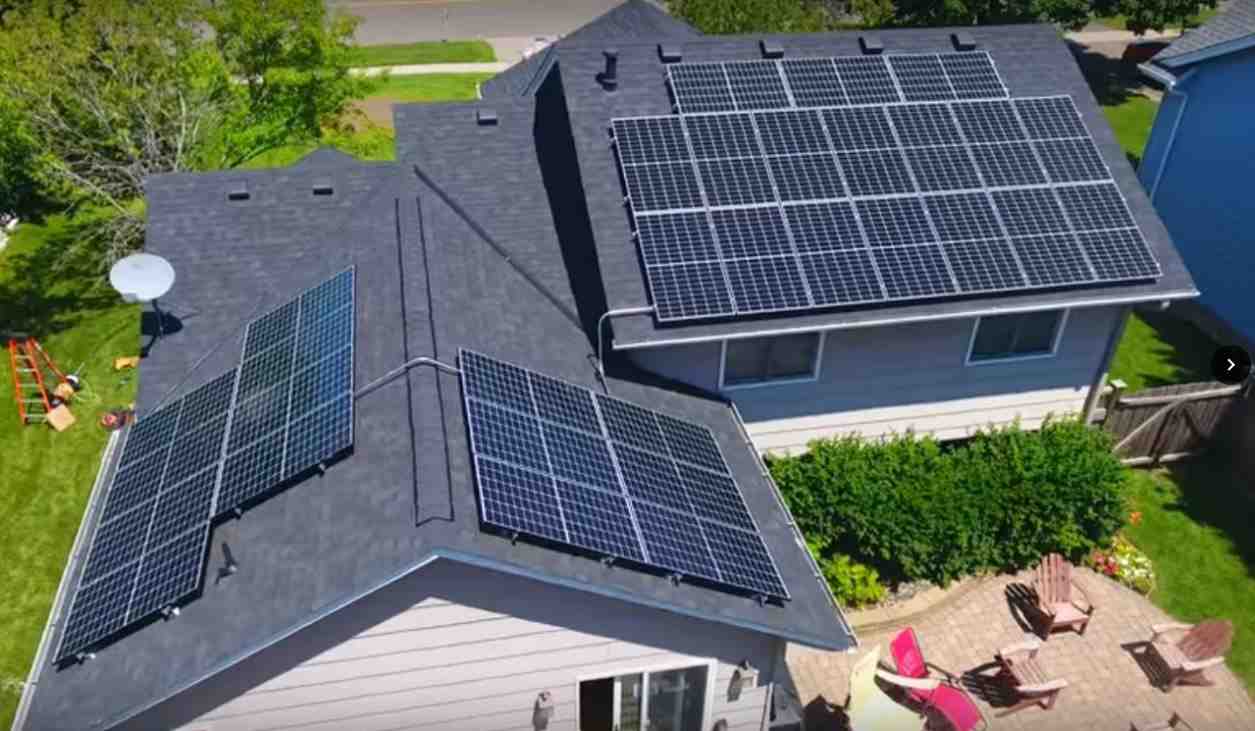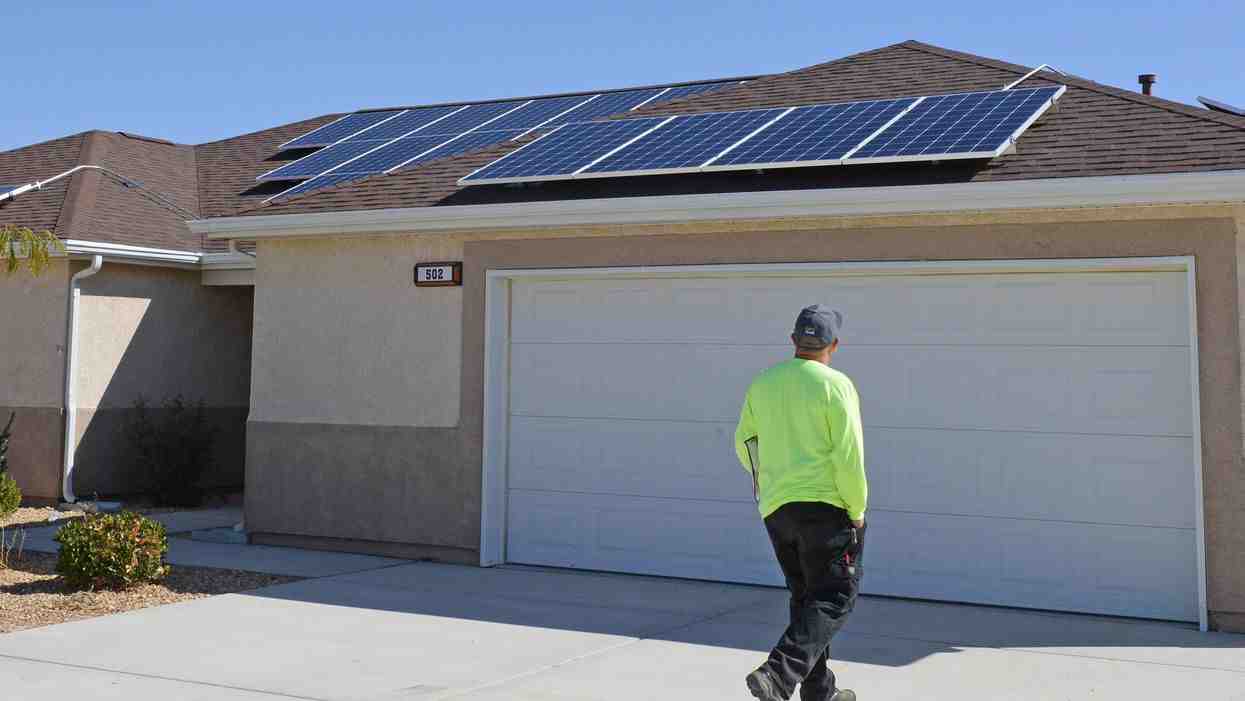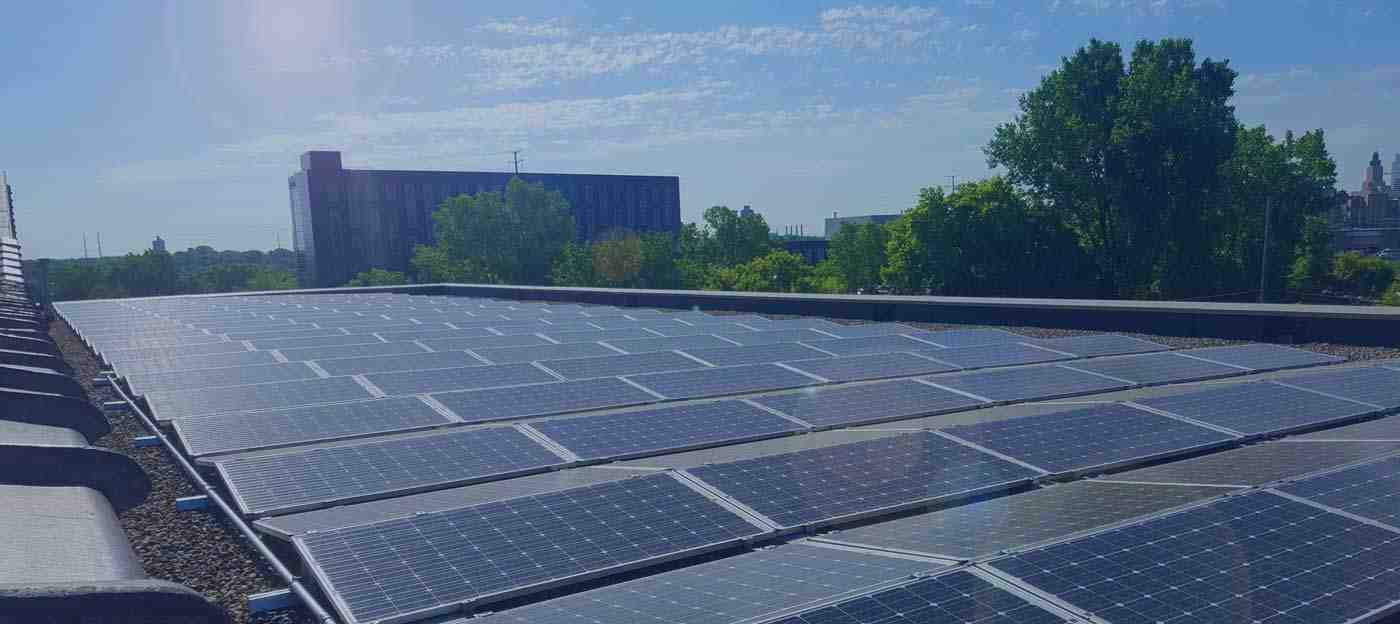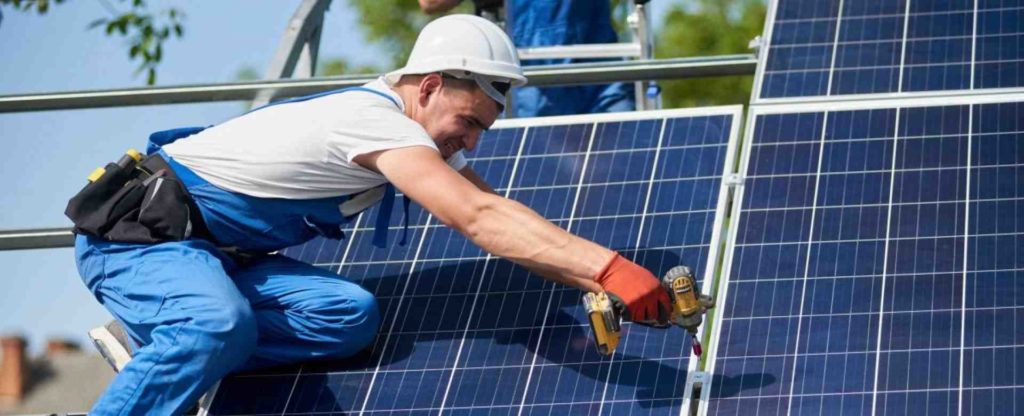Contents
Who is the largest residential solar company?

| Resi Rank | The company | General ranking |
|---|---|---|
| Resi Rank1 | CompanyMomentum Solar | In general 32 |
| Resi Rank2 | CompanyTrinity Solar | General classification34 |
| Resi Rank3 | Titan Solar Power | Overall ranking35 |
| Resi Rank4 | AACE Solar | General classification42 |
Is SolarCity going out of business?
| Kind of | Public |
|---|---|
| Established | July 4, 2006 |
| Founders | Lyndon Rive Peter Rive |
| It does not exist | November 21, 2016 |
| Fate | Acquired by Tesla, Inc. |
Is Sunrun owned by Tesla?
Tesla is also a major supplier to Sunrun, part of a partnership in which Sunrun sells Tesla’s Powerwall battery storage systems.
Who is the most reputable solar company?

| Provider | Vivint Solar | Palmetto sun |
|---|---|---|
| Provider | Vivint Solar | Palmetto sun |
| Superlative | Best overall | Best customer service |
| Solar services | Installation of solar panel and battery | Installation of solar panel and battery |
Which is better sunrun or SunPower?
If consumers choose to finance third parties between installers and long-term contracts, this will be strongly in favor of Sunrun. … My choice for better long-term solar stocks is SunPower, but that hasn’t been a win-win in the past because customers have decided to fund Sunrun.
What are the worst solar companies?
5 worst rated solar installers with at least 30 ratings.
- Clear Solar:
- Relax Solar.
- Green engineering.
- Adam solar:
- Soltek:
- Gippsland Solar:
How do I find a reputable solar company?
When choosing a solar retailer or warehouse and / or installer, it pays to do a little research. The Clean Energy Council recommends that you select an authorized solar energy seller who is signed in the Solar Energy Seller’s Code of Conduct and uses only designers and installers accredited by the Clean Energy Council.
How much does a residential solar system cost?

It costs between $ 2,950 and $ 6,000 for a standard solar system in New South Wales. Most solar companies in Australia also include the cost of installing solar panels along with the price. For example, if company “X” advertises the cost of a 6.6 kW solar system as $ 3,000, then the price includes installation.
How many solar panels would it take to power a house?
The average home in the U.S. is about 1,500 square feet. With a home like this, a regular electricity bill comes in at around $ 100 a month. To cover the electricity for this home, you need about 15-18 solar collectors.
Which is the best solar inverter for home?
10 best solar converters in India 2021
- Light solar hybrid UPS 1100 / 12V for home. …
- Light solar converter NXG1400 12V Solar Home UPS.
- Solar converter V-Guard Smart Pro 1200 S.
- Flin Energy Flinfuzion Metal Mppt 3kva / 3kw, 24v solar hybrid converter.
- Digital solar UPS MICROTEK M-SUN-1135 VA 12V.
How long does it take for solar panels to pay for themselves?
It can take 15 to 26 years to recoup these costs for a typical home – depending on where you live, how much electricity you use and how much you are paid under a smart export guarantee.
Is residential solar a good deal?

Are solar cells a good investment for you? Solar cells can save you money on electricity while increasing the value of your home, but they are not suitable for everyone. … After all, solar cells can be a solid investment and save you a lot of money in the long run.
Are solar panels a ripoff?
Solar energy is a time-tested, clean and affordable source of electricity for your home. Recent improvements in the fabrication of photovoltaic panels used in converting free, inexhaustible solar energy from the sun have made home solar energy a viable option for many consumers, which is NOT a SCAM.
Can a house run on solar power alone?
It is possible to run the house only on solar energy. However, complete disconnection from the network requires significant financial and time investment. The higher your energy needs, the more solar collectors you will need.
Why you shouldn’t use solar energy?
Most homes that use solar energy are not completely self-sufficient and need to be connected to the grid. This is because your system can produce more energy than your home needs, and the excess power has to go somewhere. Your solar system shuts down during a outage to protect utility workers from injury.
Sources :


